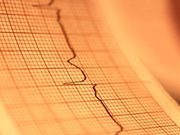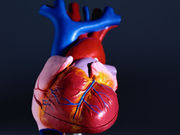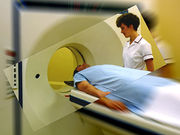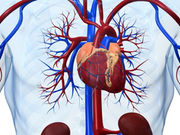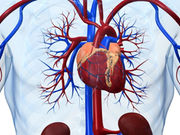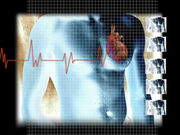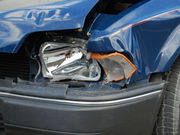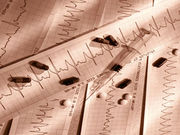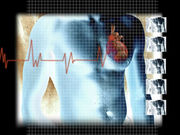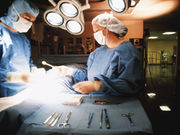Tag: Heart Pacemakers
Leadless Pacemaker Feasible in Animal Models
Adequate LP performance, successful unidirectional communication between S-ICD and LP
Adding Defibrillator to CRT No Benefit in Dilated Cardiomyopathy
However, benefit is seen for addition of defibrillator therapy in patients with ischemic cardiomyopathy
MRI Can Be Safe for Patients With Older Pacemakers, ICDs
However, strict procedures need to be followed
Iron Deficiency Tied to Worse Response, Remodeling After CRT
Less symptomatic improvement at six months after implantation for patients with iron deficiency
Similar Complication Rate for Transvenous, Subcutaneous ICDs
Nature of complications differs, with more nonlead-related complications for subcutaneous ICD
No Drop in All-Cause Mortality With ICD in Systolic Heart Failure
Significantly lower risk of sudden cardiac death for patients with ICD versus usual clinical care
Car Accident Risk Up 50 Percent for Patients With ICDs
Danish study finds 51 percent greater odds, but absolute risk of a crash remains low
Catheter Ablation Tops Escalation of Antiarrhythmic Meds
Findings in patients with ischemic cardiomyopathy, ICD with ventricular tachycardia despite meds
Sleep Apnea May Raise A-Fib Risk in Patients With Pacemakers
Doctors need to be diligent about monitoring for sleep apnea in pacemaker patients
High Risk of Long-Term Complications Seen With ICDs
Cardiac resynchronization therapy devices have much higher complication rate than simpler devices


